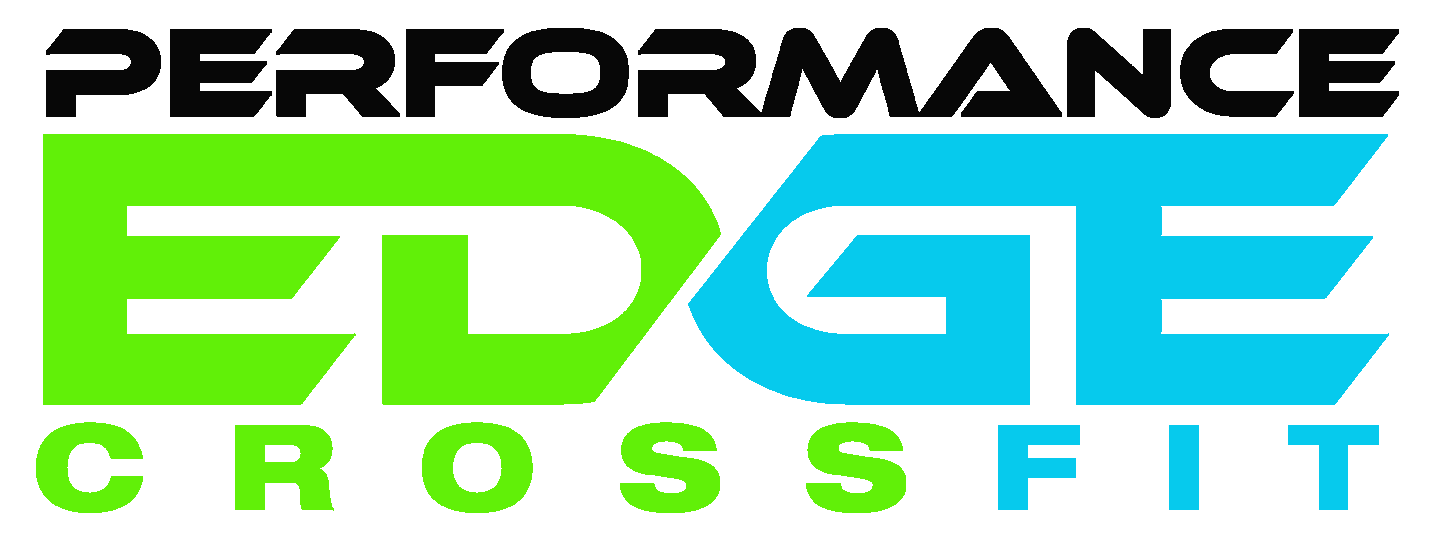Water and Hydration!
Water is essential to human life. It helps us regulate body temperature, transport nutrients and waste as well as many other life sustaining functions. Our bodies are made up of approximately 60{d793bd461e48fb811f7c1bdf9a1875cfcb6108b65f23da832b2c752158b79391} water. Body fluid levels will vary constantly. Water is gained by the things we eat, drink and by metabolic processes. Water is lost by sweat, urination, bowel movements and believe it or not breathing.
So how do we know how much water we should be drinking?
Thirst, obviously, tells us we are in need of fluids but the easiest, most simple way to monitor our hydration levels it to observe the color of our urine. Dark colored urine is usually a sign of dehydration while clear to light yellow levels of color usually indicate proper or adequate hydration.
Fluid intake can come from both food and beverage. It is suggested that 80{d793bd461e48fb811f7c1bdf9a1875cfcb6108b65f23da832b2c752158b79391} of our total intake come from beverages while the other 20{d793bd461e48fb811f7c1bdf9a1875cfcb6108b65f23da832b2c752158b79391} comes from the fruits and vegetables we eat. The daily recommendation for men is 125-130 oz per day and for women 91-95 oz per day. Caffeinated drinks can be included in these numbers but not recommended.
During periods of activity and exercise, fluid intake will need to be increased. Dehydration has a negative effect on performance, heat regulation and mental focus. According to the American College of Sports Medicine, an individual should intake 14-22 oz of fluid prior to exercise, 6-12 oz of fluid every 15-20 minutes during exercise and after exercise 16-24 oz of fluid for every pound of body weight lost during exercise.
Can water help with weight loss?
Yes it can!!! Sometimes thirst is mistaken for hunger. Water can help with the sensation of being full giving satiety. It assists with the digestion process and can help slightly speed up the metabolism. Simply replacing high calorie beverages with zero calorie water will greatly reduce total daily caloric intake making a weight loss program more successful.
By: Katherine de Leon-Lantto, ACE-CPT, CF-L1, AFAA-GXI
katherinelantto@gmail.com
320.217.3907
References:
• Clark MA, Lucett SC. (2010). NASM’s Essentials of Sports Performance Training. Baltimore, MD: Lippincott Williams & Wilkins.
• National Research Council. (2005). Dietary Reference Intakes for Water, Potassium, Sodium, Chloride, and Sulfate. Washington, DC: The National Academies Press.
• Dennis EA, Dengo AL, Comber DL, Flack KD, Savla J, Davy KP, Davy BM. (2010). Water consumption increases weight loss during a hypocaloric diet intervention in middle-aged and older adults. Obesity, 18(2), 300-7.
